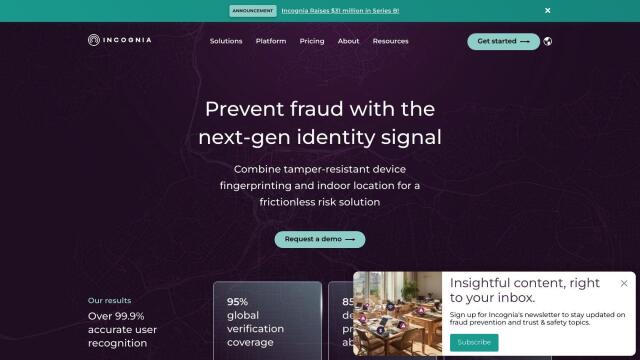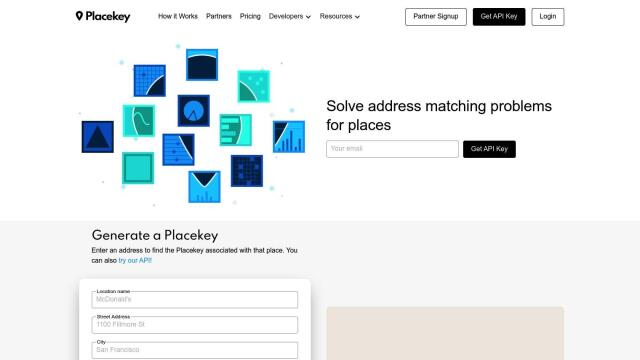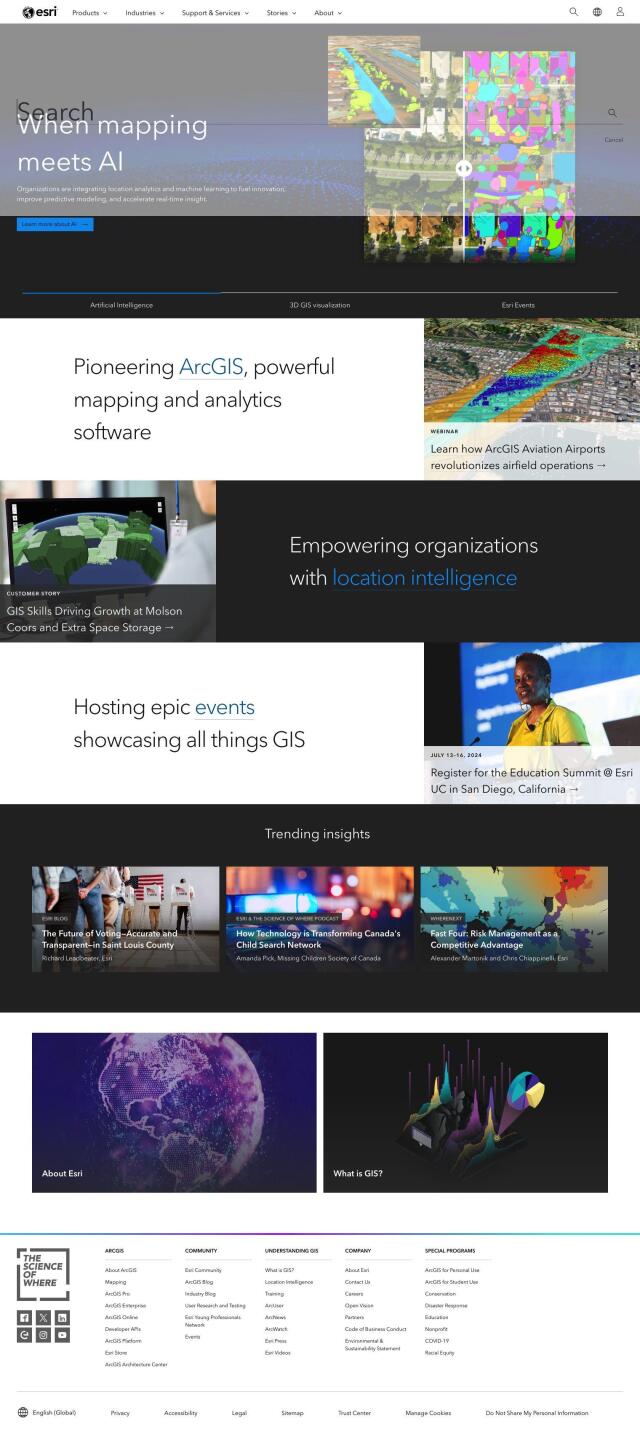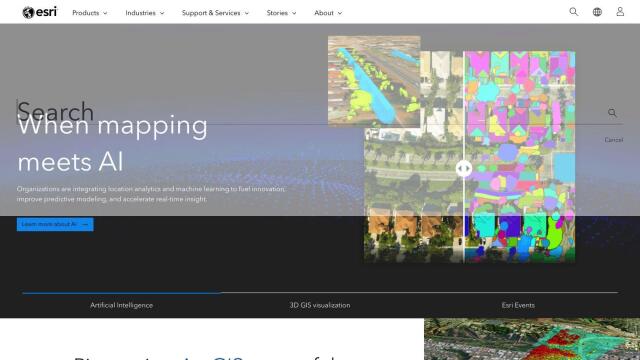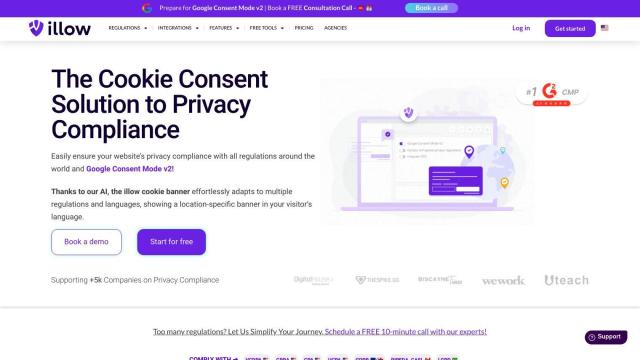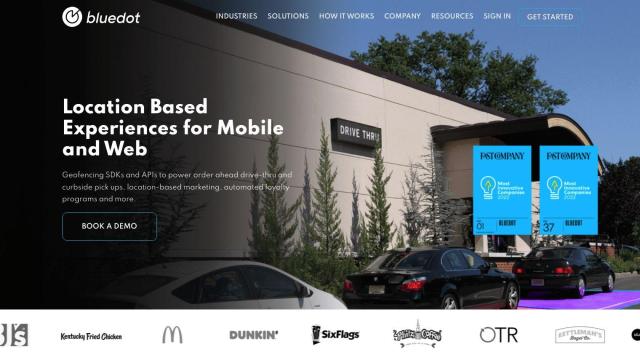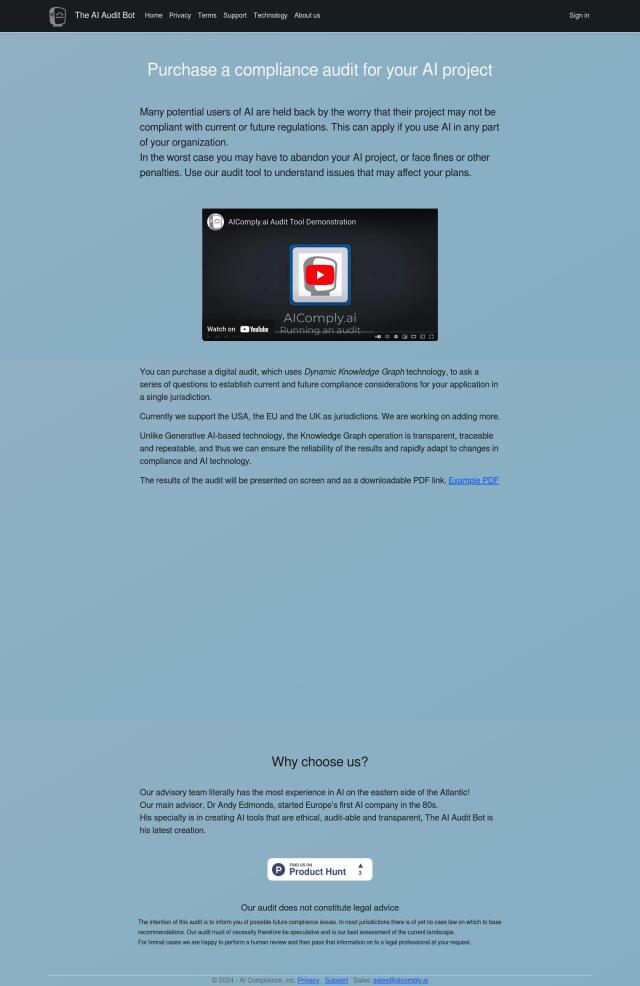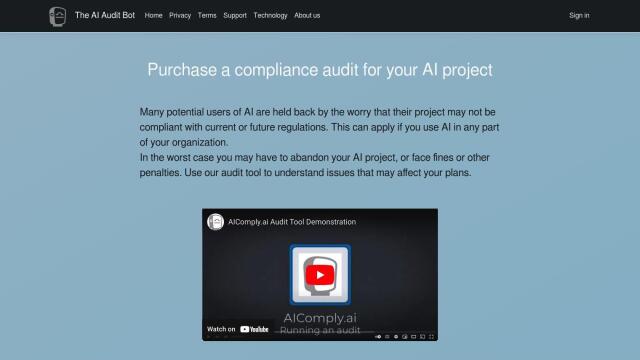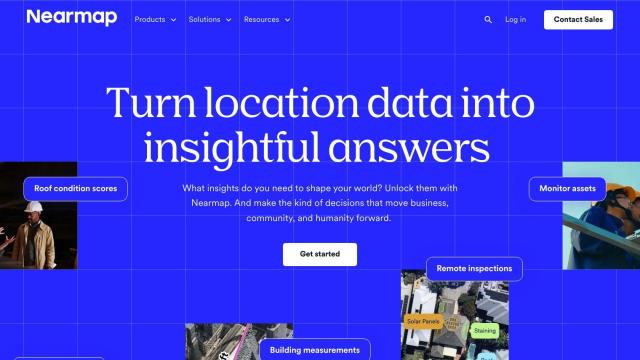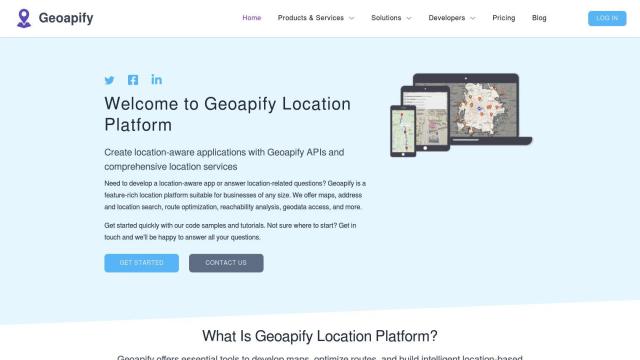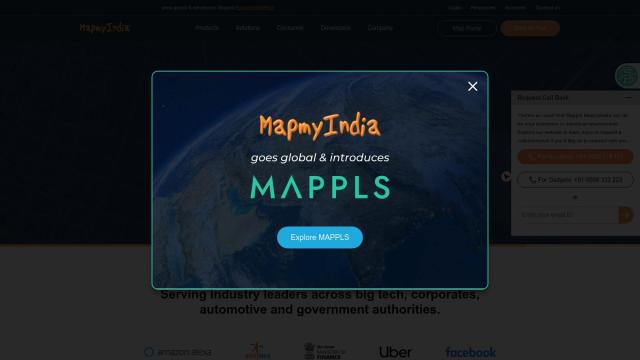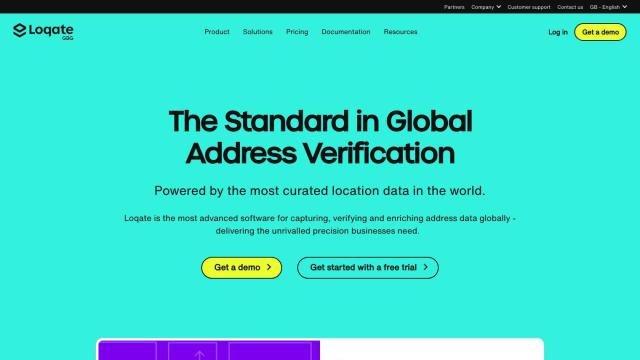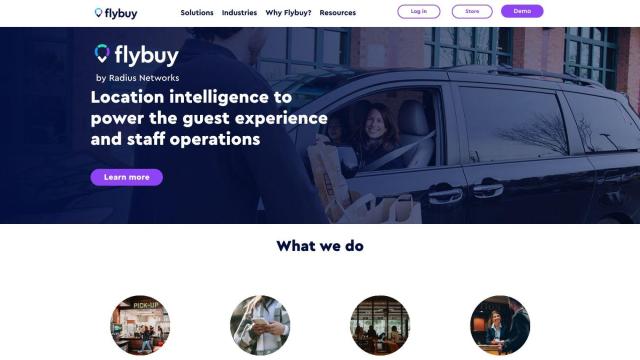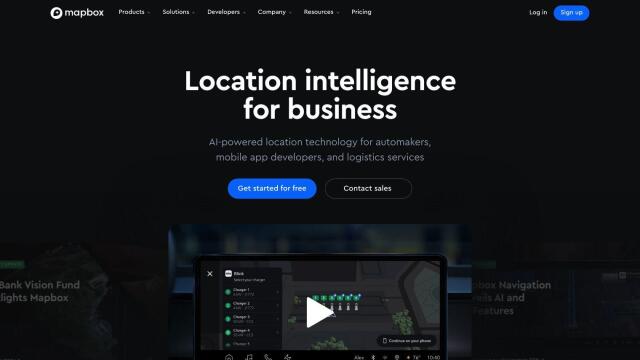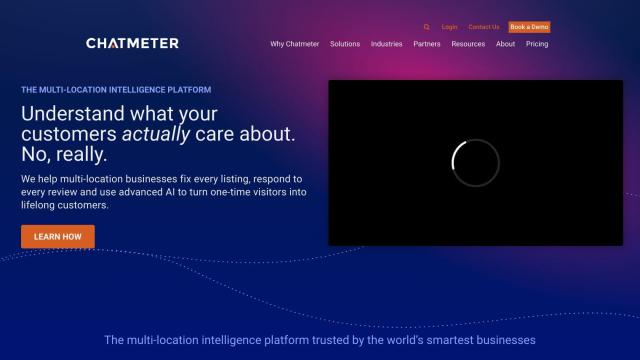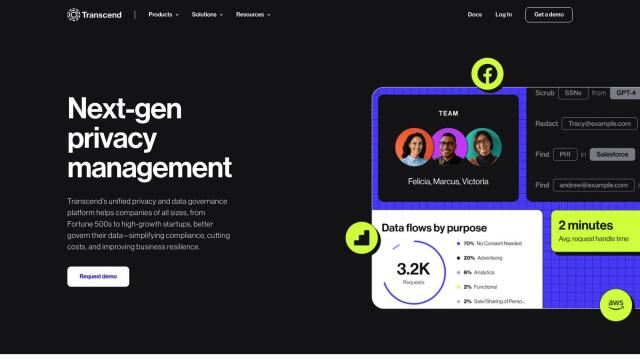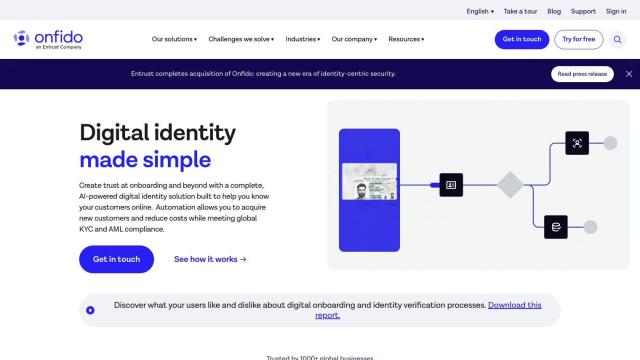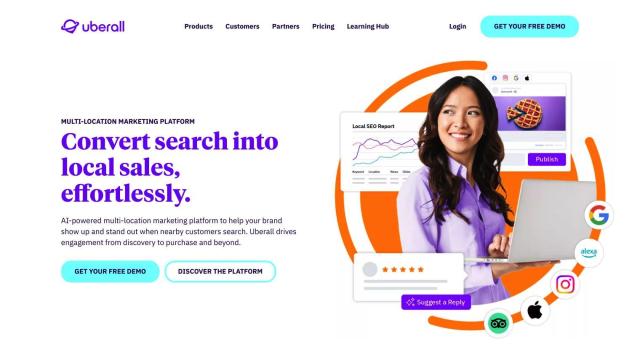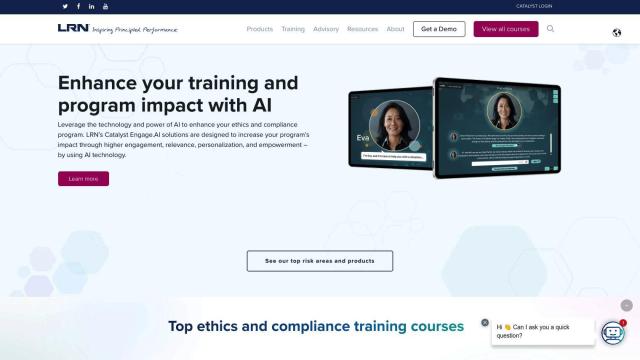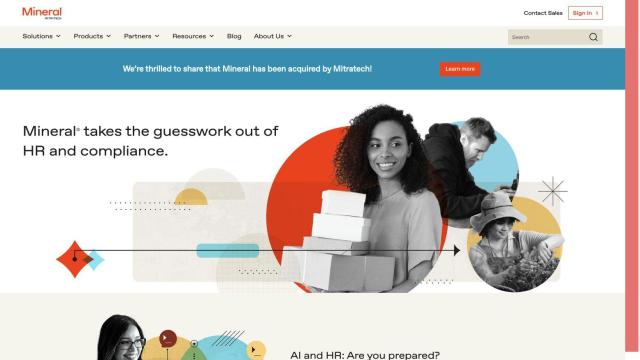Question: I'm looking for a way to ensure location-based compliance for my business, can you suggest a tool?

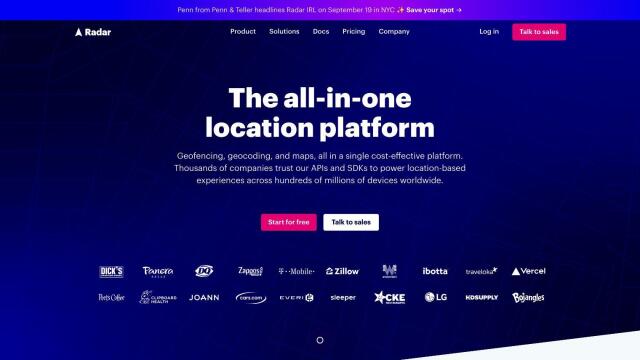
Radar
If you're looking for a more comprehensive tool to help your business meet location-based compliance requirements, Radar is a great option. It includes geofencing, geocoding and mapping features that are designed to be accurate, private and easy for developers to use. Radar offers hyper-accurate geofencing, trip detection and advanced mapping. It also integrates with popular tools like Segment, Amplitude and Braze, and is designed for enterprise-level privacy and security with SOC 2 type II certification, GDPR and CCPA compliance.
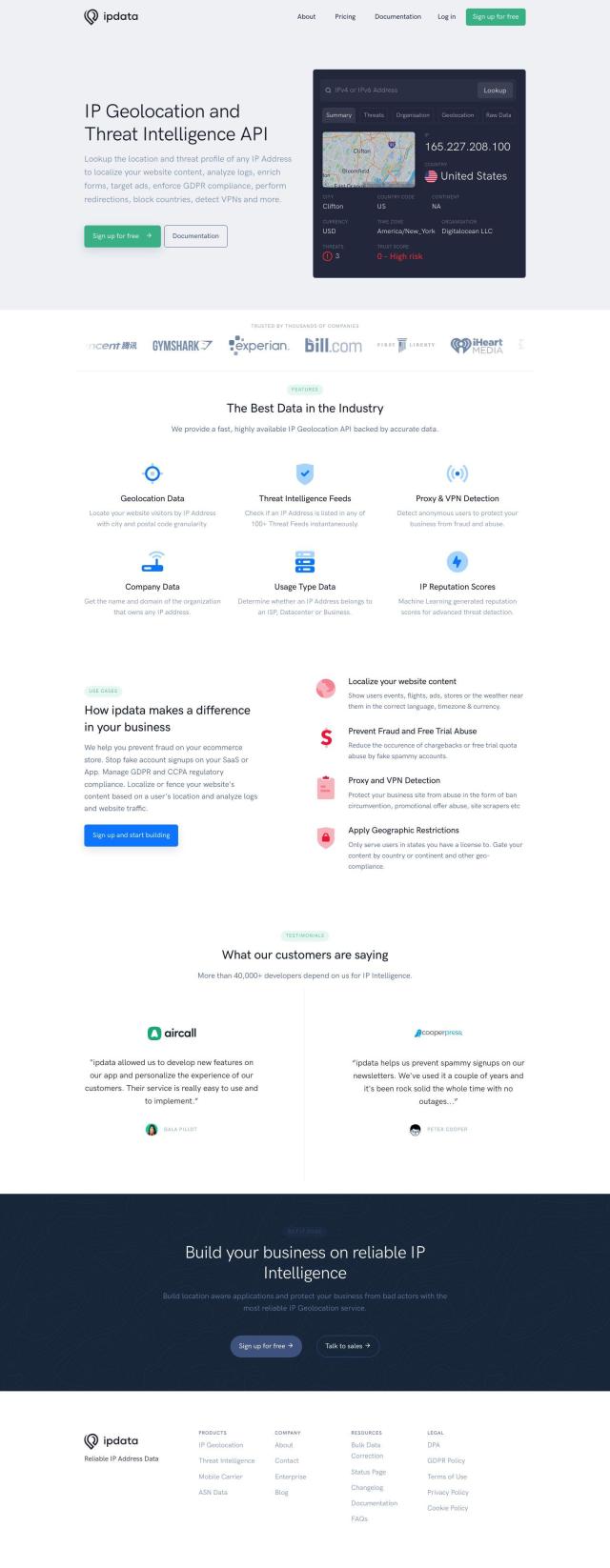
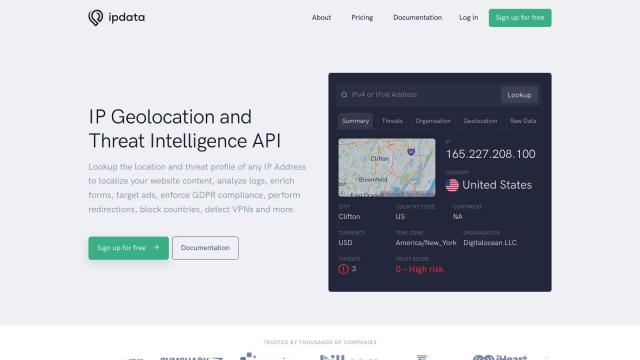
ipdata
Another option is ipdata, which offers an IP Geolocation API that's good for tasks like localizing website content, analyzing logs, enriching forms, targeting ads and enforcing GDPR compliance. It offers a lot of data, including geolocation information, threat intelligence feeds and IP reputation scores. With several pricing tiers, including a free tier, ipdata offers high availability and uptime, making it a good option for your compliance needs.

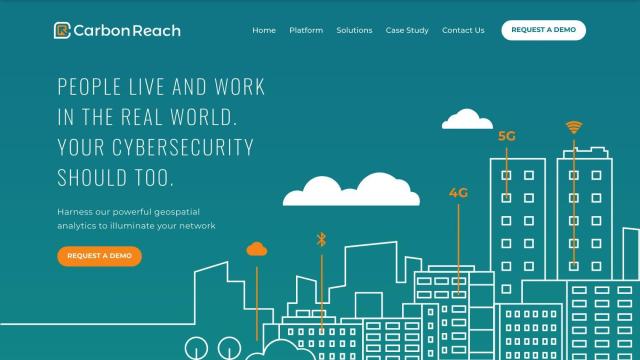
CarbonReach
If you're looking for a more cybersecurity-focused option, CarbonReach offers a geospatial data cybersecurity platform that uses machine learning for more sophisticated data analysis. It can help you manage, visualize and understand location data to improve cybersecurity by combining device, location, network and behavior data. The platform is designed to predict future risks and provide deep visibility into network activity, making it a good option for IT teams and security teams.
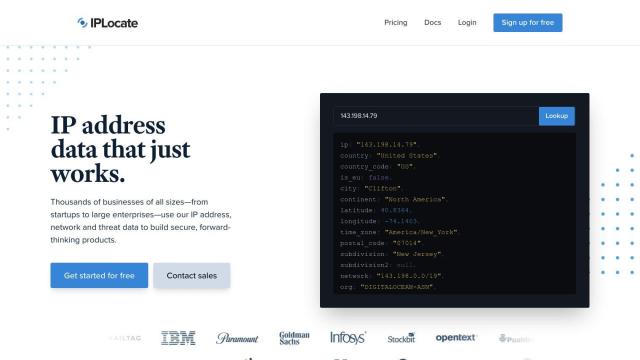
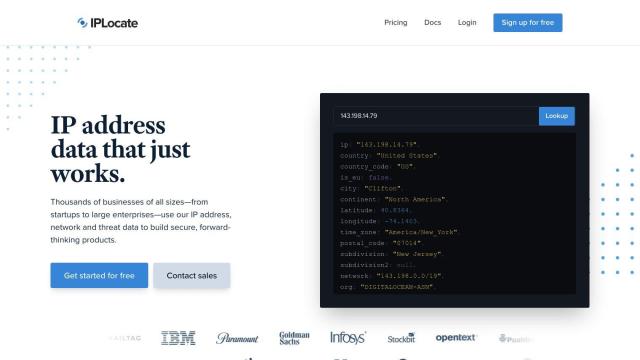
IPLocate
Last, IPLocate offers a geolocation API that can be used for personalization, redirection, fraud prevention, compliance and business intelligence. It handles more than 400 million requests per day on Amazon Web Services and offers flexible pricing options. With a highly available and accurate API, IPLocate ensures that your business can meet location-based compliance requirements.

